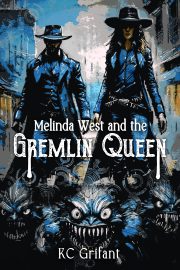Quick Updates for 2011-01-28
@byharryconnolly Email me your rss feed and I'll add you. vp@sfwa.org # SFWA member @tobiasbuckell with an interesting perspective on piracy as it relates to authors. http://is.gd/7mYR2s # @LisaShapter Congratulations and good luck with your submissions. # SFWA member @EricJamesStone's story "Rejiggering the Thingamajig" is at Escape Pod: http://ejs.me/rejig #


